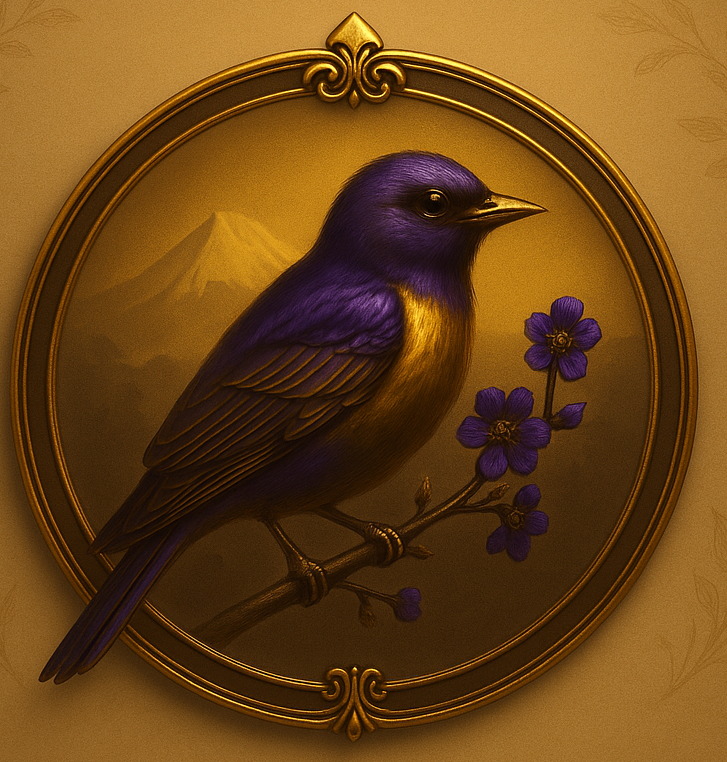Poetry can be silent and introspective but when it steps onto the stage, it becomes something altogether different. Dramatic poetry fuses the emotive beauty of verse with the vivid action of performance, captivating readers and audiences alike.
This complete guide explores dramatic poetry in-depth, from its ancient roots to its modern-day expressions. It builds upon our earlier pieces, Types of Poetry: Exploring the Rich Forms of Poetic Expression and Narrative Poetry: The Art of Storytelling in Verse together forming a rich tapestry of poetic forms and functions.
What Is Dramatic Poetry?
Dramatic poetry is a genre that presents a narrative through the voices of imagined characters, often in the form of monologues or dialogues. Unlike lyric poetry, which focuses on personal emotions, or narrative poetry, which tells a story from a consistent viewpoint, dramatic poetry immerses the reader or audience in a fictional situation through performance-based language and emotion.
It is poetry written for the stage or that feels like it could be.
A Brief History of Dramatic Poetry
Ancient Origins
Dramatic poetry has roots in ancient Greek drama, where playwright-poets like Sophocles and Euripides used poetic dialogue to present tragedies and moral dilemmas.
The Elizabethan Era
No era fused poetry and drama more powerfully than the English Renaissance. William Shakespeare, Christopher Marlowe, and Ben Jonson wrote entire plays in verse, combining compelling plots with rich poetic texture.
The Romantic and Victorian Periods
Poets like Robert Browning and Alfred, Lord Tennyson advanced the dramatic monologue, a subgenre where a single character reveals their innermost thoughts to a silent listener often with unintended consequences.
Subgenres of Dramatic Poetry
1. Dramatic Monologue
A poetic form where one character speaks, often revealing more about themselves than they intend.
Example:
Robert Browning’s “My Last Duchess” a chilling portrayal of power and possessiveness.
2. Verse Drama
Full-length plays written in verse, typically meant for theatrical performance.
Example:
Shakespeare’s “Hamlet” or T.S. Eliot’s “Murder in the Cathedral”
3. Closet Drama
Poetic plays not intended for performance but meant to be read.
Example:
Goethe’s “Faust” (originally written in verse)
Dramatic Poetry vs. Other Forms
Unlike lyric poetry, which centers on personal feeling, dramatic poetry externalizes emotion through invented personas and dialogue.
To explore these other styles, revisit our guide on Narrative Poetry and Lyric Poetry: The Soul of Personal Expression in Verse.
Why Dramatic Poetry Matters Today
Dramatic poetry isn’t limited to classical literature. Its influence can be found in:
- Spoken word and slam poetry
- Scripted monologues in theater and film
- Verse-based podcasts or audio dramas
By blending performance, emotion, and storytelling, dramatic poetry continues to evolve as an essential form of expression.
Discover More Poetic Forms
To view how dramatic poetry fits within the larger poetic landscape including haikus, sonnets, and free verse explore our master article: Types of Poetry: Exploring the Rich Forms of Poetic Expression. It’s your gateway to every shade and style of poetic craft.

